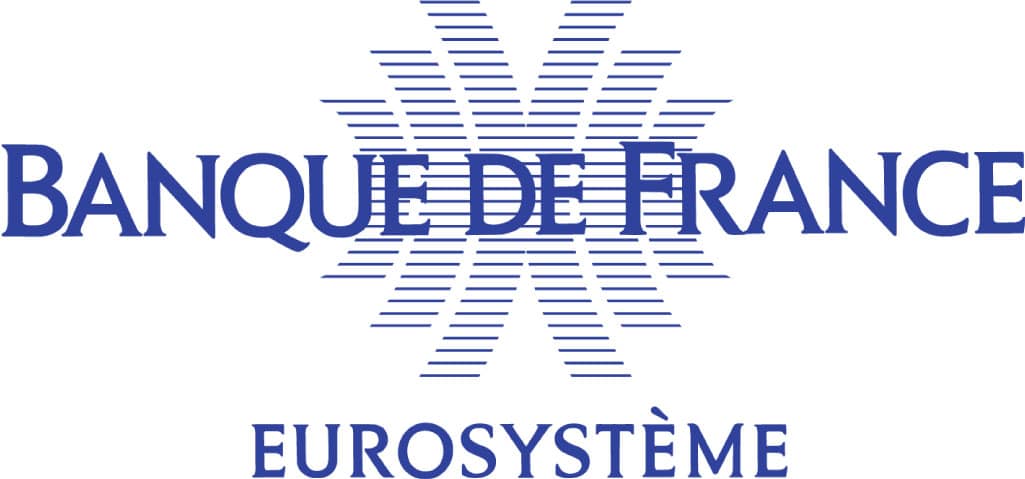BIS and central banks of France, Singapore and Switzerland successfully test cross-border wholesale CBDCs
The Bank for International Settlements (BIS) and the central banks of France, Singapore and Switzerland have successfully concluded Project Mariana. The project tested the cross-border trading and settlement of wholesale central bank digital currencies (wCBDCs) between financial institutions, using new decentralised finance (DeFi) technology concepts on a public blockchain.

- Project Mariana tested the cross-border trading and settlement of wholesale CBDCs.
- Successful trading and settlement of hypothetical euros Singapore dollars and Swiss francs.
- DeFi elements tested in the project, specifically automated market makers, could form the basis for a new generation of financial market infrastructures.
Project Mariana was developed jointly by three BIS Innovation Hub centres (the Swiss, Singapore and Eurosystem Hub Centres) together with Banque de France, Monetary Authority of Singapore, and Swiss National Bank.
The project’s proof of concept successfully tested the cross-border trading and settlement of hypothetical euro, Singapore dollar and Swiss franc wCBDCs between simulated financial institutions. The process relied on three elements:
- A common technical token standard provided by a public blockchain to facilitate exchange and interoperability between the different currencies.
- Bridges for the seamless transfer of wCBDCs between different networks.
- An Automated Market Maker (AMM), which is a specific type of decentralized exchange to trade and settle spot FX transactions automatically.
For Project Mariana, the AMM pooled the liquidity of the hypothetical Swiss franc, euro and Singapore dollar wCDBCs with innovative algorithms enabling spot FX transactions to be priced and executed automatically and settled immediately. These protocols could be used by the next generation of financial market infrastructures facilitating cross-border trading and settlement between financial institutions.
Project Mariana’s architecture balances central banks’ domestic need for oversight and autonomy with financial institutions’ interest in efficiently holding, transferring, and settling wCBDC across borders. This is achieved through the use of a common token standard on a public blockchain which facilitates interoperability and seamless exchange of wCBDC across varied local payment and settlement systems maintained by participant central banks. As such Mariana offers possible approaches to factoring an international dimension into current wCDBC design explorations.
As tokenisation and DeFi technologies are still nascent, further research and experimentation is needed. The BIS Innovation Hub and its global partners will continue exploring their benefits and challenges based on relevant use cases.
Project Mariana is purely experimental and does not indicate that any of the partner central banks intend to issue wCBDC or endorse DeFi or a particular technological solution. It is the Innovation Hub’s first cross-centre project.
“Mariana is a novel experiment in several aspects: we have developed a practical solution to exchange multi-CBDCs in a global network interoperable with regional platforms on which the CBDC of each jurisdiction is issued; this could be a forerunner for the functioning of cross-border payments in the future. Mariana also provides a deep-dive analysis of automated market makers opening up opportunities for FX market based on DLTs. There are still many avenues to explore to improve cross-border payments: Mariana is a cornerstone of the ambition of public authorities in this domain. Banque de France is pleased to host a live demonstration of Mariana at the upcoming Banque de France conference on 3rd October on the potential of wholesale CBDCs,” said Emmanuelle Assouan, Director General for Financial Stability and Operations at Banque de France.
The report is available on Banque de France’s website.
About Banque de France
The Banque de France, a member of the Eurosystem, is an independent institution with three core tasks: monetary strategy, financial stability, and the provision of services to the economy. It contributes to the definition of euro area monetary policy and ensures its implementation in France. It supervises banks and insurance companies, and works to mitigate risks. It also offers a range of economic services to businesses and private individuals.
Maximize your Cointribune experience with our "Read to Earn" program! For every article you read, earn points and access exclusive rewards. Sign up now and start earning benefits.
The Cointribune editorial team unites its voices to address topics related to cryptocurrencies, investment, the metaverse, and NFTs, while striving to answer your questions as best as possible.
The contents and products mentioned on this page are in no way approved by Cointribune and should not be interpreted as falling under its responsibility.
Cointribune strives to communicate all useful information to readers, but cannot guarantee its accuracy and completeness. We invite readers to do their research before taking any action related to the company and to take full responsibility for their decisions. This article should not be considered as investment advice, an offer, or an invitation to purchase any products or services.
Investment in digital financial assets carries risks.
Read more